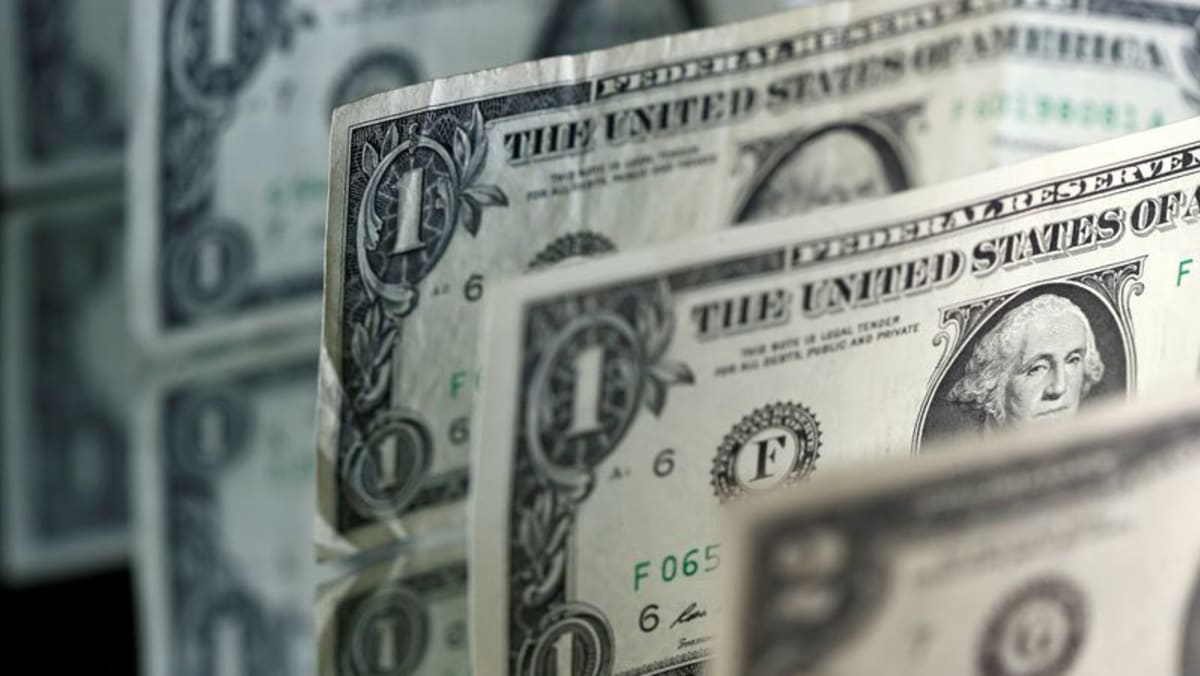TOKYO :Bank of Japan Governor Kazuo Ueda said on Friday the central bank will scrutinise the impact of U.S. tariffs on the country's economy when setting monetary policy, warning the higher levies will likely weigh on global and domestic economic growth.
Global stock prices tumbled on Thursday after U.S. President Donald Trump's announcement of sweeping tariffs ignited fears of an all-out trade war and a global economic recession.
Aside from the direct impact on global trade, Trump's tariffs, set at 24 per cent for Japanese goods, could affect corporate sentiment and market moves by heightening uncertainty over the economic outlook, Ueda said.
"Through such channels, the tariffs are likely to exert downward pressure on global and Japanese economies," he told parliament.
The impact on Japan's inflation was harder to discern as the tariffs could push down prices by cooling growth, but may work to accelerate inflation by disrupting supply chains, he said.
"We'd like to scrutinise the impact of the tariffs on economic and price developments at home and abroad, and make use of our findings in deciding monetary policy," Ueda said.
Appearing at the same parliament session, BOJ Deputy Governor Shinichi Uchida said the central bank will keep raising interest rates if the chance of underlying inflation achieving its 2 per cent target heightens.
"We will examine at each policy meeting, without any preconception, whether our (economic and price) forecasts would be achieved" in deciding monetary policy, Uchida added.
The BOJ next meets for a policy meeting on April 30-May 1, when the board will also issue fresh quarterly growth and inflation forecasts extending through fiscal 2027.
Japan's Nikkei stock average fell 1.85 per cent on Friday, extending its 2.8 per cent slide from Thursday after Trump's announcement of reciprocal tariffs.
A previously announced 25 per cent tariff on all car imports took effect on Thursday in the U.S., dealing a major blow to the Japanese auto industry which accounts for roughly 3 per cent of GDP.
While Trump's tariffs cloud the economic outlook, the BOJ also faces rising inflationary pressure from steady increases in food prices. Core consumer inflation hit 3.0 per cent in February, exceeding the BOJ's 2 per cent target for the 35th straight month.
The rising cost of living has drawn the attention of some BOJ board members, who warned at their March policy meeting that sticky food inflation could affect broader price moves and public perceptions of future inflation.
Ueda said food prices are affected by various factors, adding the year-on-year increase in the cost of rice is expected to gradually slow.
"We're mindful of the need to scrutinise how prices of goods households buy frequently could affect consumer sentiment and inflation expectations," Ueda said.
The BOJ ended a decade-long, massive stimulus last year and raised interest rates to 0.5 per cent in January on the view Japan was on the cusp of durably hitting its inflation target.
BOJ policymakers have signalled their readiness to keep raising interest rates if they become convinced that Japan will see inflation sustained around 2 per cent backed by solid wage gains.
A Reuters poll in March showed many analysts expect the BOJ's next rate hike to come in the third quarter, most likely in July.

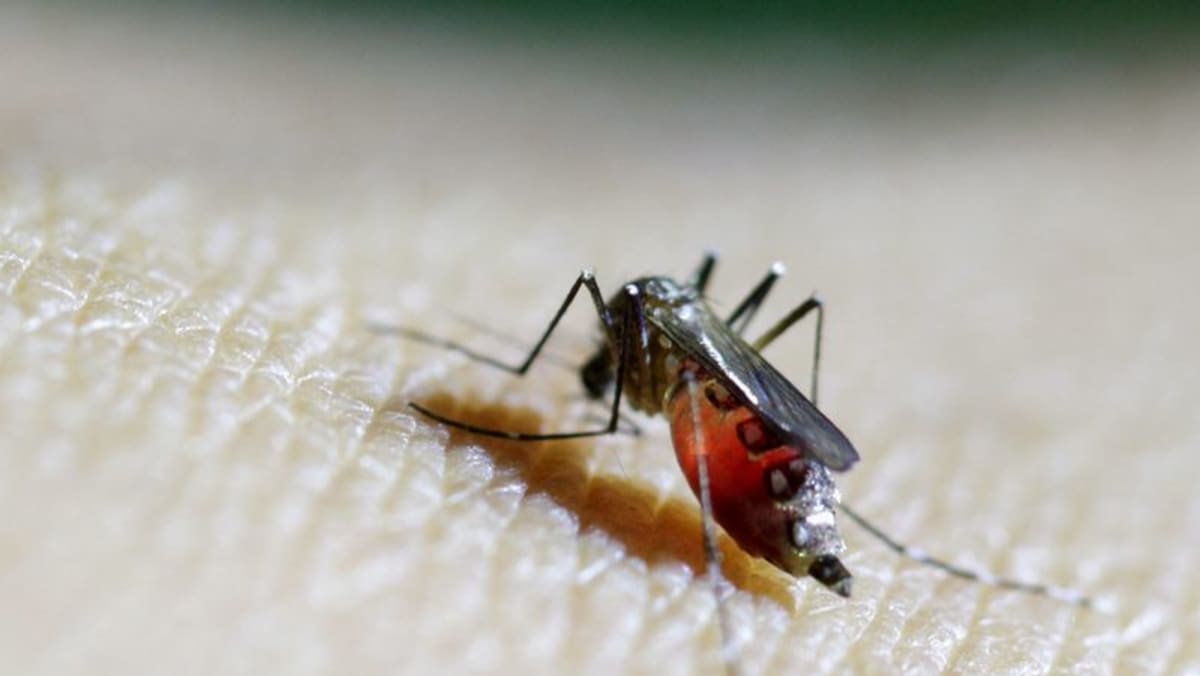
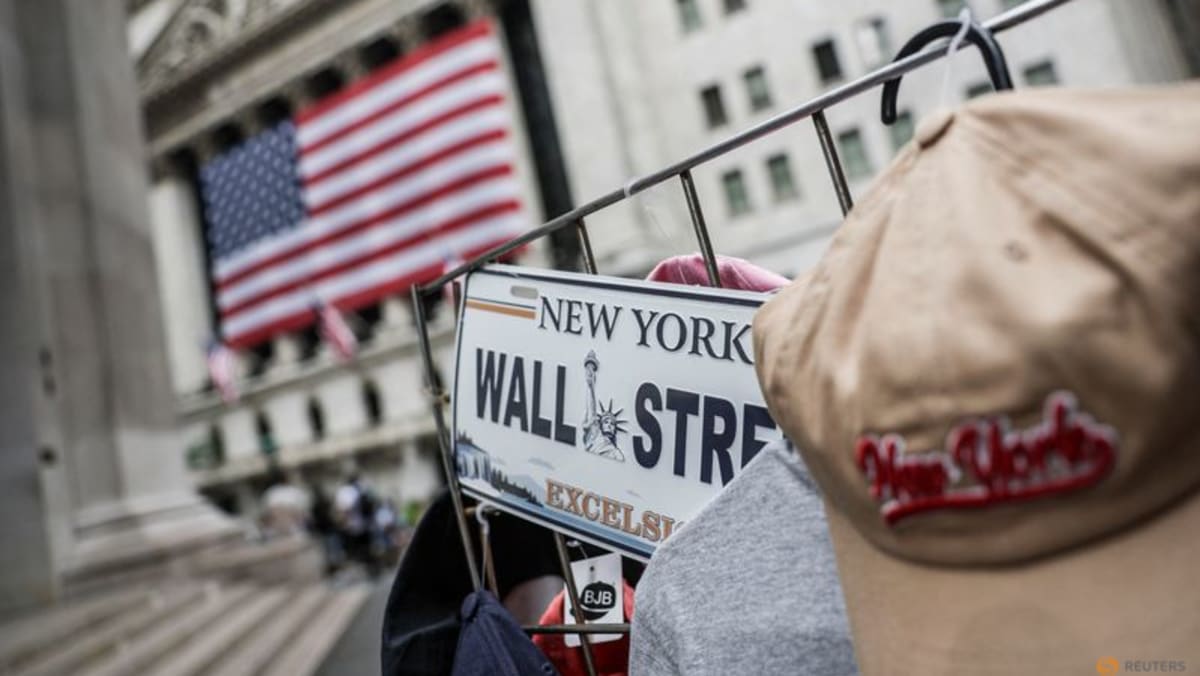







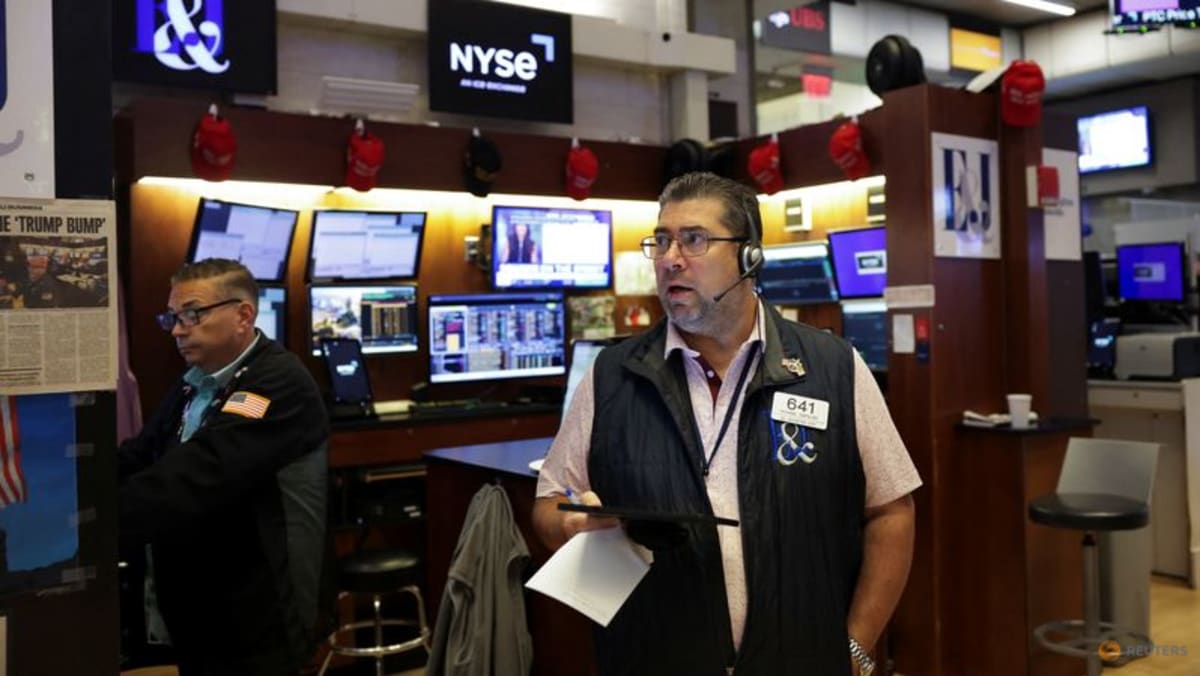

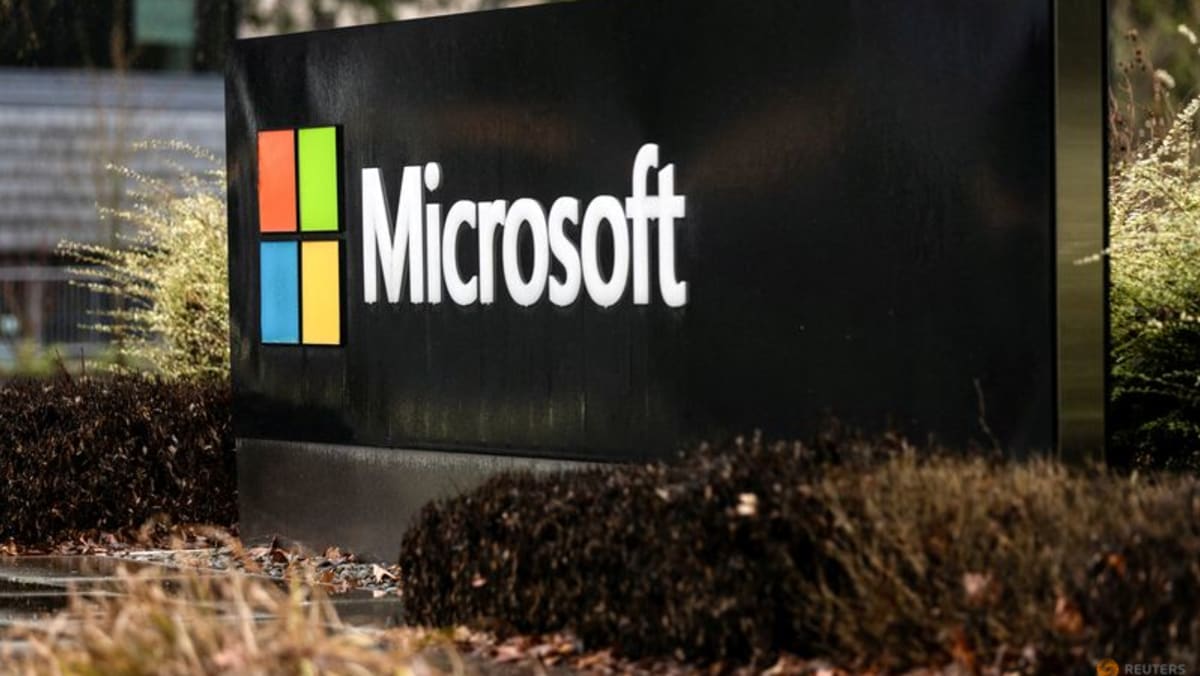
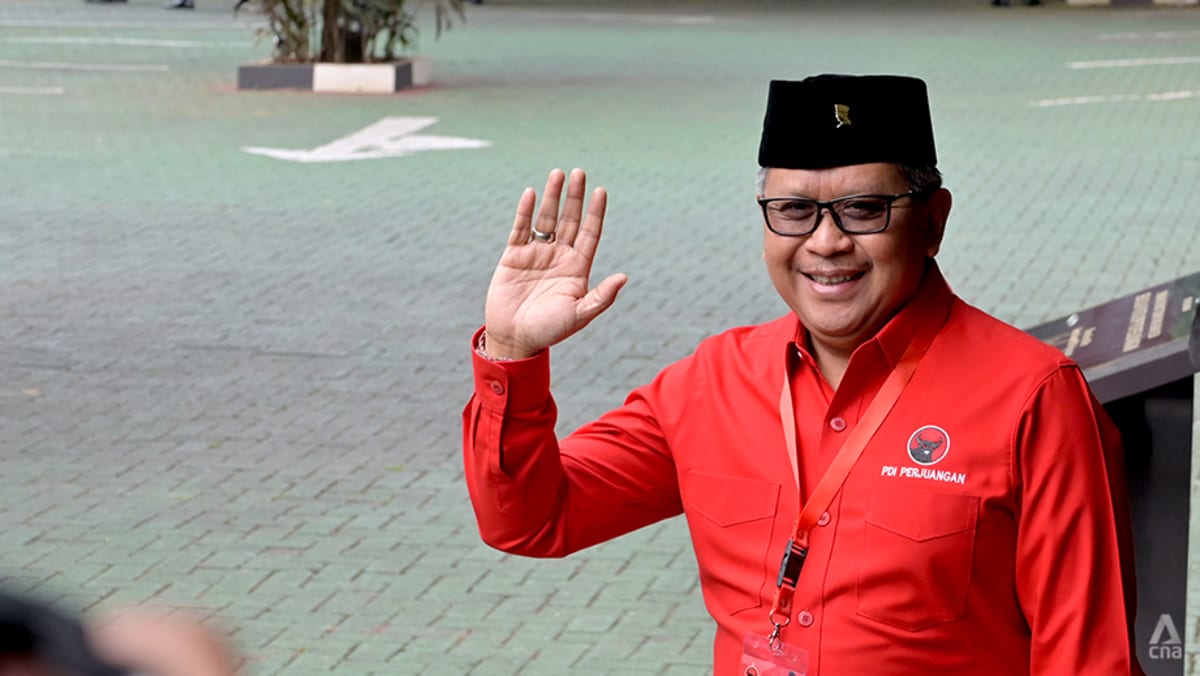
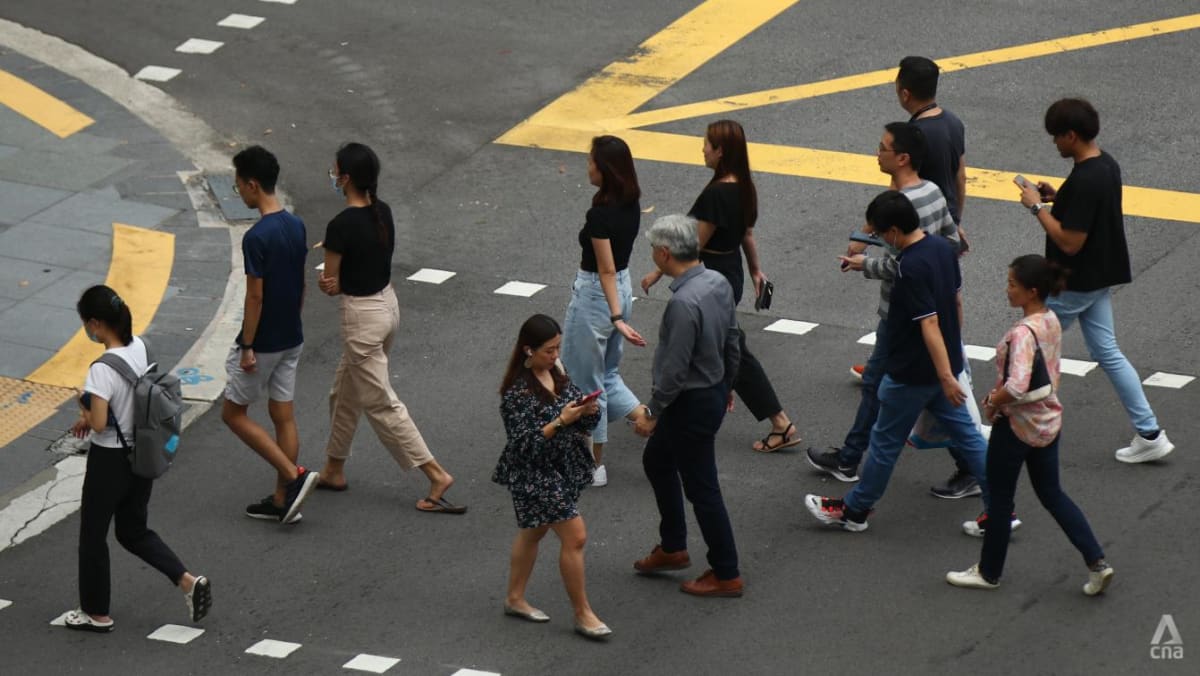
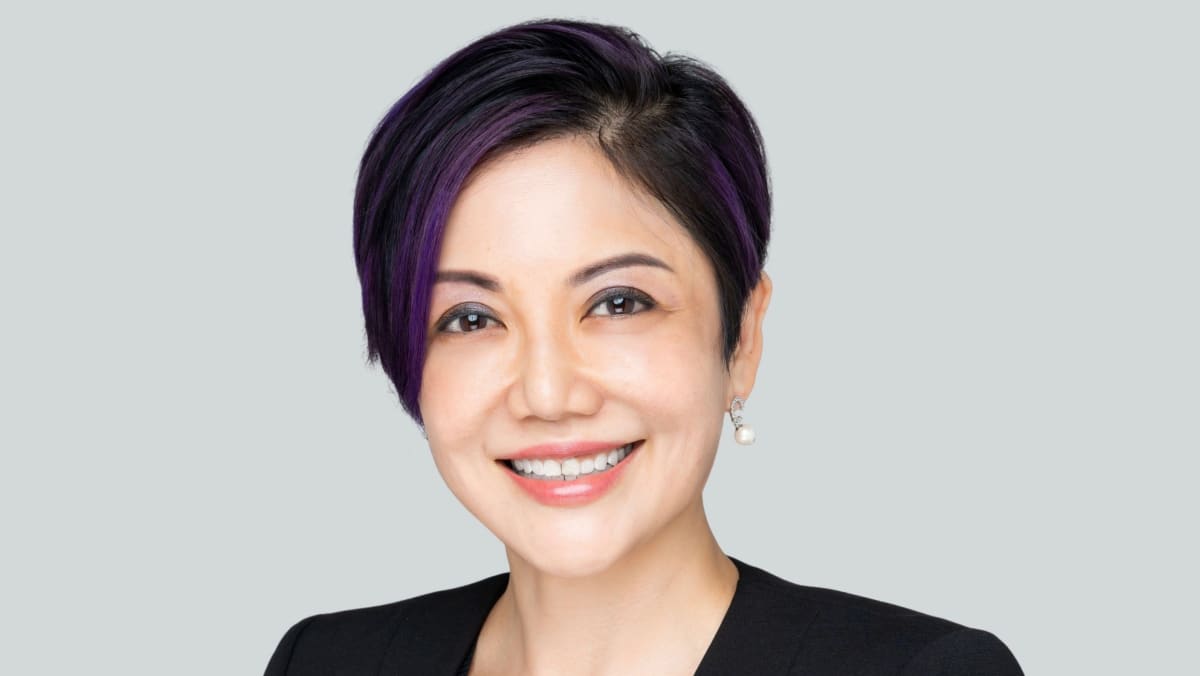
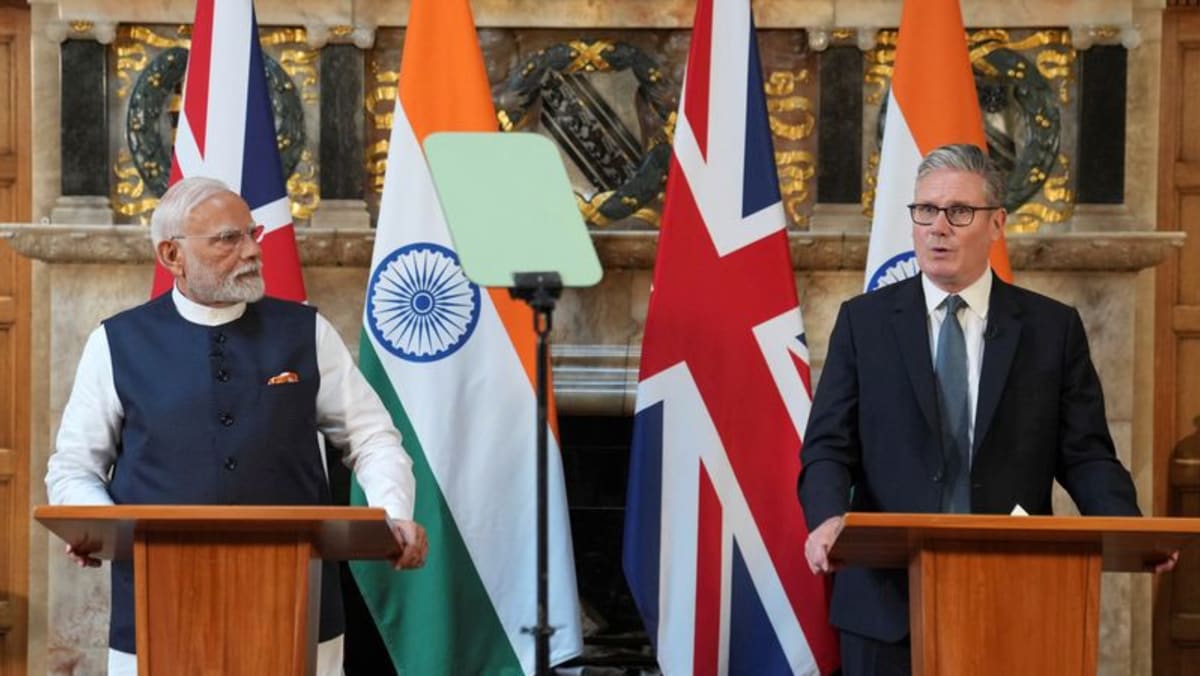
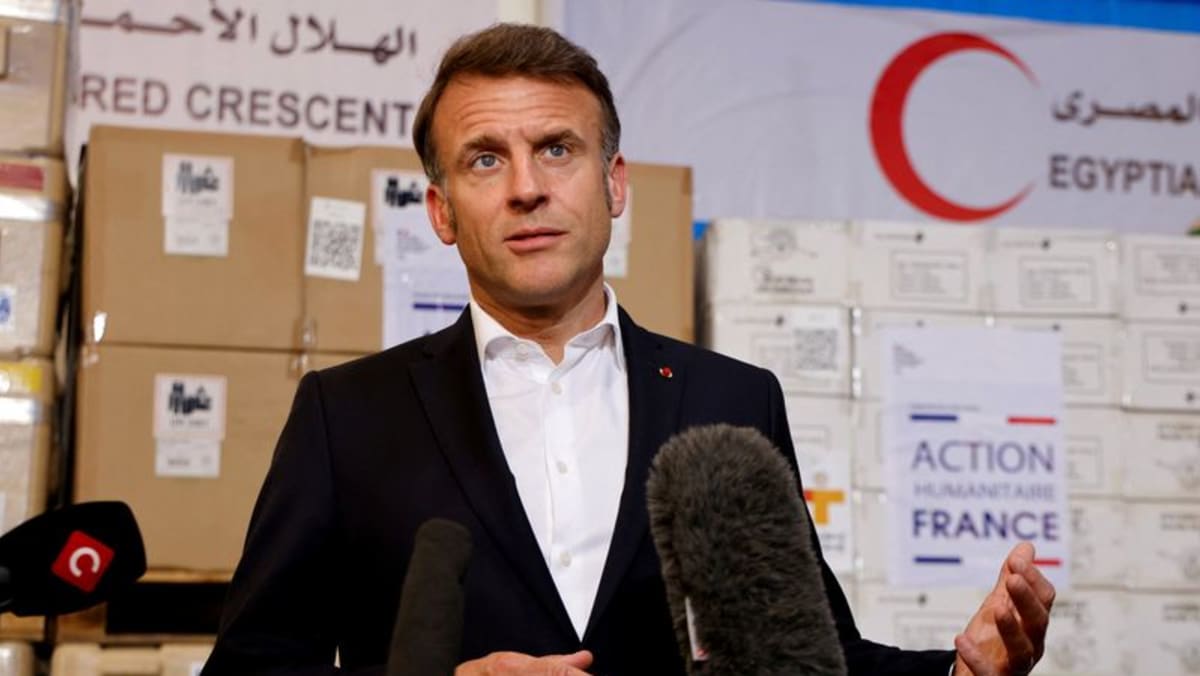


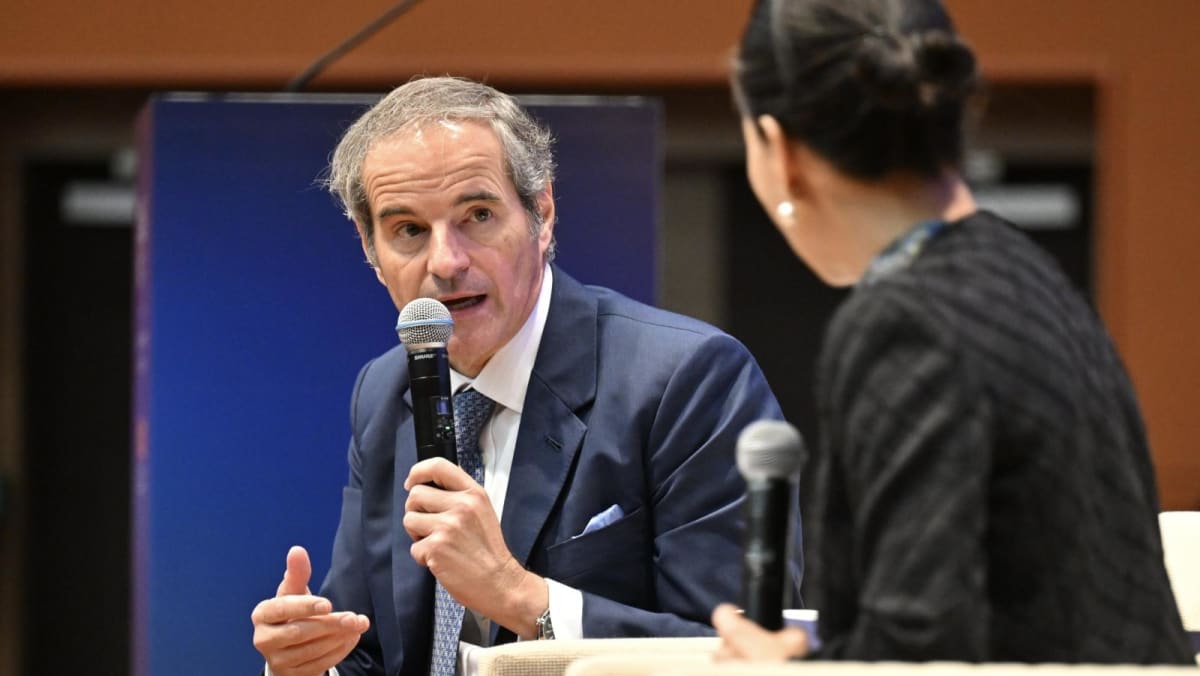













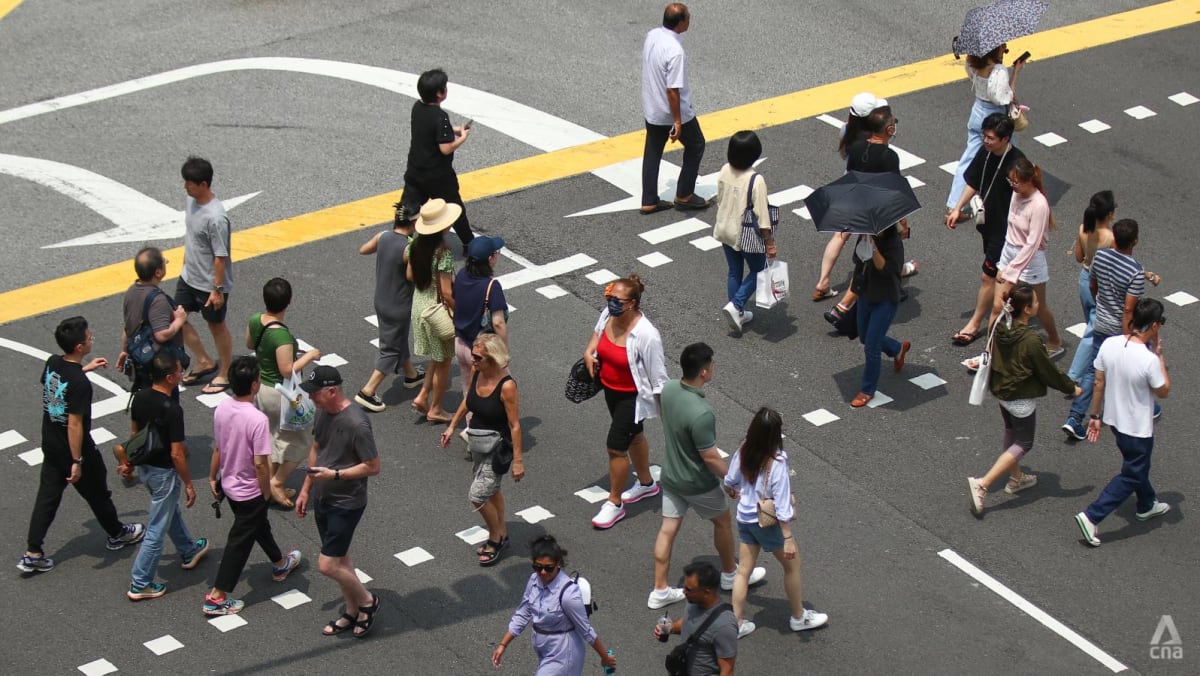









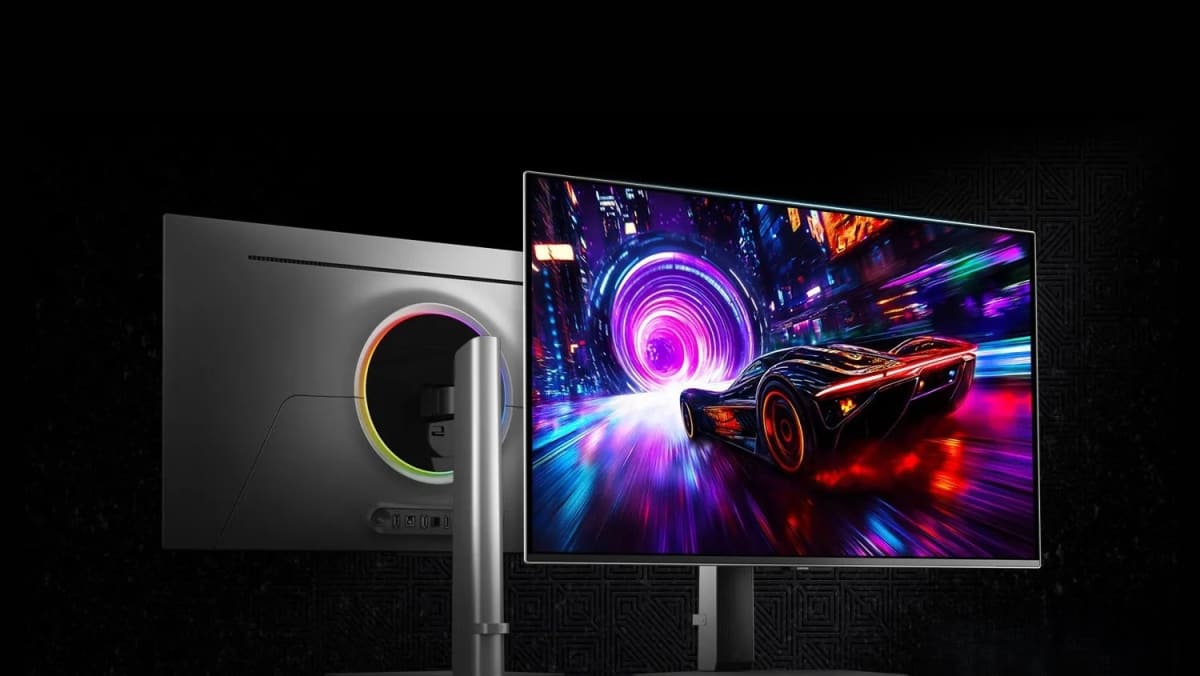



.png?itok=erLSagvf)
